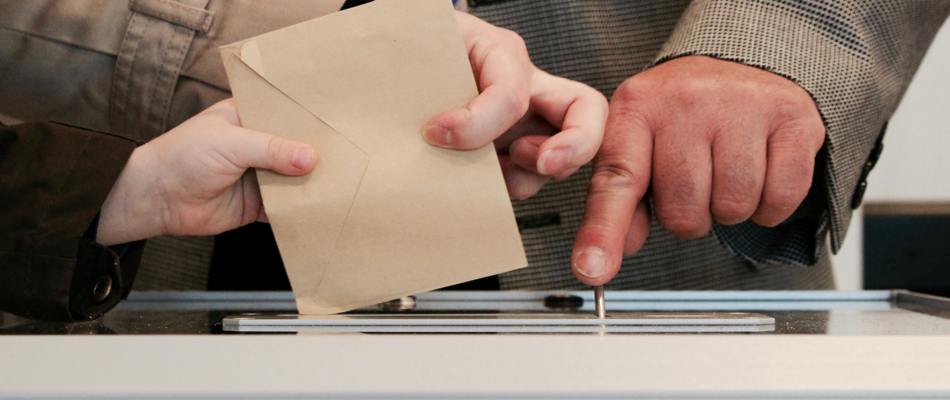Why it's politic to teach our young people politics
Back
This blog was initially published on the ASCL blog here. ASCL supports and represents senior leaders across the UK education sector.
Just to be clear: this blog isn’t about Boris Johnson. It’s about leadership.
Yesterday I found myself appearing on the BBC’s Politics Live programme being asked my views about a class of Year 6 primary children who had written to their local MP giving their opinions of the Prime Minister’s actions amid so-called ‘partygate’.
As I said then, I can’t comment on the details of how the teacher conducted the lesson, and I didn’t want to make a judgement based on some social media photographs and splenetic tabloid headlines about indoctrination.
So I reminded the studio panel that if parents had a concern about the lesson, there’s due process by which to make their feelings felt and for the head and governors to investigate what may or may not have happened in the lesson. And, after all, there are clear guidelines on impartiality in political discourse from the government and other authoritative parties.
But there’s a bigger and more important point.
When we go into teaching and into school leadership, we do so – in the main – with a sense of moral purpose. And one significant part of that is that we want to help shape the next generation – the children and young people we teach – to take their place as the future citizens of our country.
But I suspect there’s a bigger purpose too. Here’s how US president Franklin D. Roosevelt put it:
“Democracy cannot succeed unless those who express their choice are prepared to choose wisely. The real safeguard of democracy, therefore, is education.”
If we aren’t teaching young people in our schools and colleges why democracy matters, where on earth are they supposed to learn it? If we aren’t teaching them how to conduct themselves ethically in a polarised world of toxic views and misinformation, where are they learning it?
Isn’t this precisely why our schools and colleges are so important?
That’s why, if I were still a headteacher, I would be proud to be running a school Democracy Week. I would be proud to encourage children to understand the role of MPs and how our parliament works. I would be proud to host a debating society in which tough and controversial issues are dealt with in a controlled forum by young people who are learning that social media polarises rather than illuminates issues.
And in doing all this I would also be proud in reminding myself, our staff, our communities, that democracies rely on public service – people choosing to step into roles where they make tough decisions, get criticised, but act in the public good.
In many instances they could have chosen different and sometimes easier, and perhaps more lucrative, paths.
But our country will need more decent, hard-working public servants in the future. They are the kind of people who are in our civil service, leading our schools and colleges, and getting elected as MPs.
The earlier young people see the understated significance of public service the better. As FDR suggested, it needs to be hardwired into our schools.
So, no, this blog isn’t about Boris Johnson. It’s about leadership.
And it’s a tribute to the nation’s public servants in so many roles with so many responsibilities – including those teachers in schools of all types doing their very best to prepare young people to take their place one day as the nation’s future leaders. You should feel proud of what you are doing.
Geoff Barton is General Secretary of ASCL.

